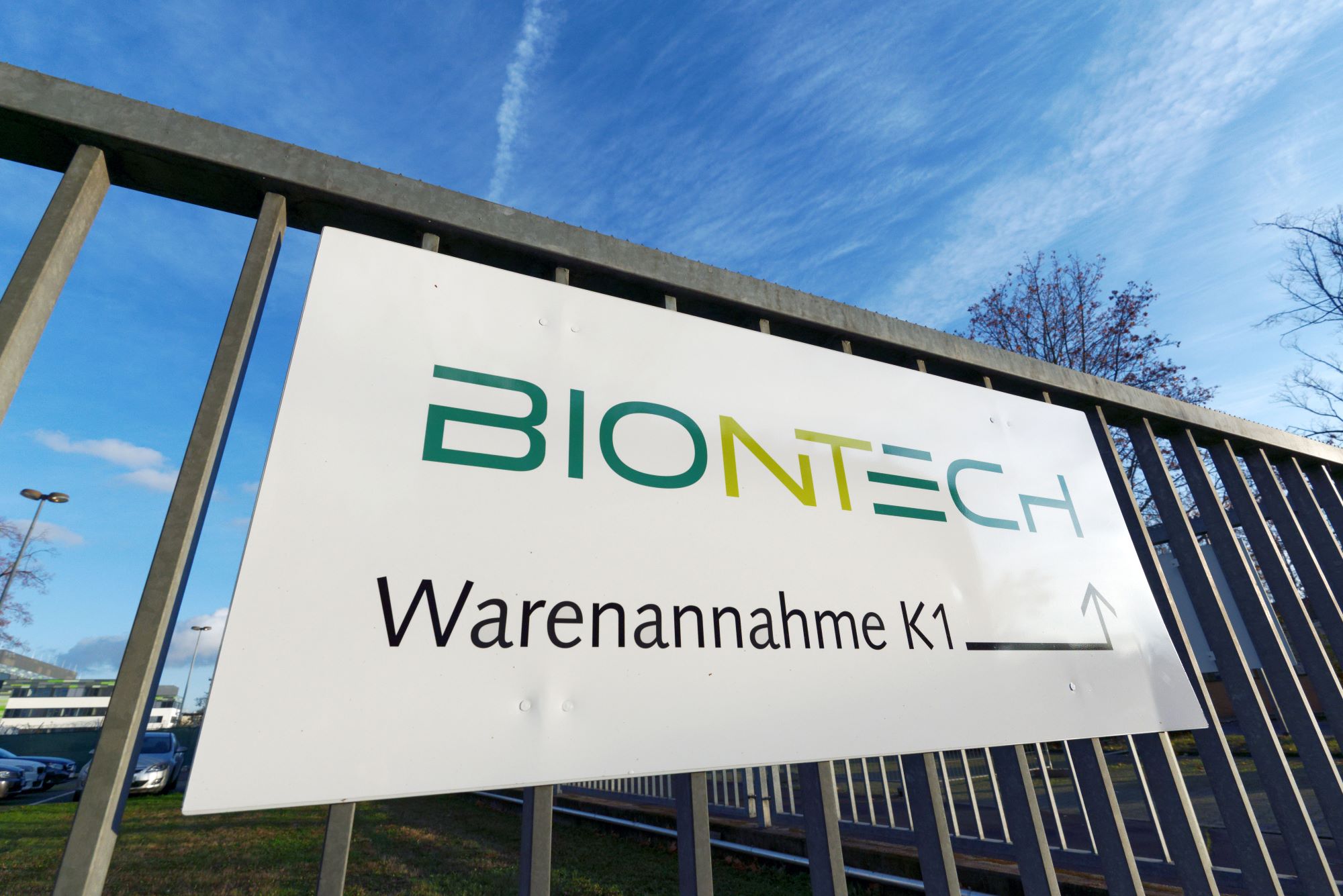
The first patient has been treated in a Phase II cancer vaccine trial by BioNTech, evaluating its mRNA-based therapy BNT111 in combination with Libtayo (cemiplimab) in patients with anti-PD1-refractory/relapsed unresectable Stage III or IV melanoma.
The open-label randomised trial will assess the efficacy, tolerability and safety of BNT111 in combination with Libtayo. It will enrol 120 patients and will evaluate the effects of the combination, as well as stand-alone individual agents.

Discover B2B Marketing That Performs
Combine business intelligence and editorial excellence to reach engaged professionals across 36 leading media platforms.
BNT111 is the lead product candidate from BioNTech’s FixVac platform and targets a fixed combination of mRNA-encoded, tumour-associated antigens, with the aim of activating a strong and precise immune response against cancer.
The candidate is fully owned by BioNTech while Libtayo, an anti-PD-1 monoclonal antibody, is being co-developed by Regeneron and Sanofi.
“BNT111 is an intravenous therapeutic cancer vaccine candidate encoding for a fixed set of four cancer-specific antigens optimised for immunogenicity and delivered as RNA-lipoplex formulation,” says BIoNTech. According to the firm, more than 90% of melanomas in patients express at least one of the four tumour-associated antigens encoded in BNT11; NY-ESO-1, MAGE-A3, tyrosinase and TPTE.
The BNT111-01 trial, which is being carried out in collaboration with Regeneron, was reviewed and approved by the regulatory authorities in EU countries Spain, Germany, Italy and Poland as well as in the UK, the US and Australia. The first patient has been dosed in the EU.

US Tariffs are shifting - will you react or anticipate?
Don’t let policy changes catch you off guard. Stay proactive with real-time data and expert analysis.
By GlobalDataThe primary endpoint of the study is to assess the overall response rate of BNT111 in combination with Libtayo. Secondary endpoints include overall response rate in the single-agent arms, duration of response and safety.
“Our vision is to harness the power of the immune system against cancer and infectious diseases. We were able to demonstrate the potential of mRNA vaccines in addressing Covid-19. We must not forget, that cancer is also a global health threat, even worse than the current pandemic,” said BioNTech’s co-founder and CMO Özlem Türeci.
“BNT111 has already shown a favourable safety profile and encouraging preliminary results in early clinical evaluation. With the start of patient treatment in our Phase II trial, we are encouraged to continue on our initial path to realise the potential of mRNA vaccines for cancer patients.”
This Phase II trial is based on previous results from the Phase I Lipo-MERIT dose-escalation trial that confirmed a favourable safety profile in 89 patients with advanced melanoma. Additionally, efficacy analysis of the Lipo-MERIT study in a subset of 42 metastatic melanoma patients treated earlier with a checkpoint-inhibitor demonstrated that BNT111 mediated durable responses, both as a single agent and in combination with anti-PD-1 antibodies. Durable objective responses by BNT111 were associated with activation and strong expansion of tumor-antigen-specific CD4+ and CD8+ T cells. These results were published in Nature in July 2020.
BioNTech also plans to start randomised Phase II trials with mRNA vaccine product candidates in two additional programs in 2021.
“As part of its development strategy, BioNTech aims to rapidly advance its broad oncology pipeline and expects to bring additional candidates into late-stage clinical development and towards market entry within the next five years,” said the firm.





